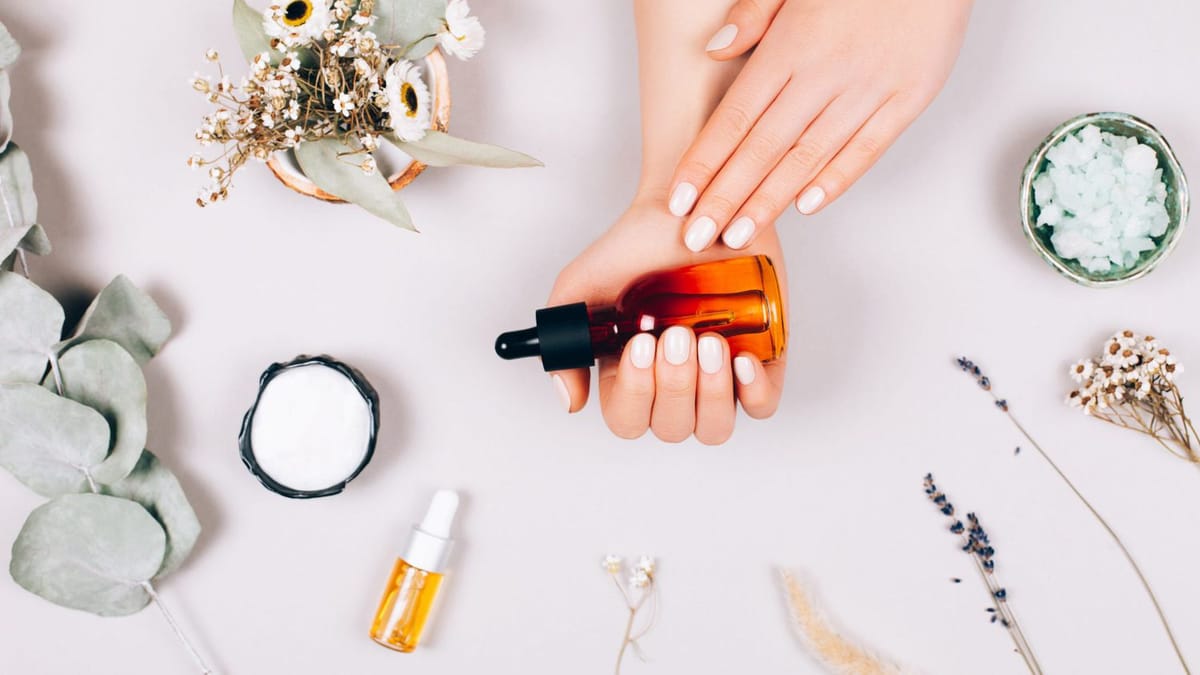Key Takeaways:
- Understand the fundamental purpose and benefits of incorporating a serum into your skincare routine.
- Learn about the various types of serums available, tailored for different skin concerns and types.
- Discover how to properly apply serums and integrate them into your daily skincare regimen for optimal results.
Serums have become a staple in the world of skincare, lauded for their ability to deliver potent active ingredients directly to the skin. But what exactly is a serum for skin, and how does it differ from other skincare products? This comprehensive guide will delve into the intricacies of facial serums, their benefits, and how to choose and use them effectively.
The Essence of Skin Serums

A serum is a lightweight, fast-absorbing liquid that is typically water-based and designed to deliver high concentrations of active ingredients to the skin. Unlike heavier creams or lotions, serums penetrate deeply, targeting specific skin concerns such as fine lines, wrinkles, dark spots, and dehydration. Their molecular structure allows them to deliver these potent ingredients efficiently, making them a powerful ally in any skincare routine.
Active Ingredients: The Heart of Serums
The efficacy of a serum largely depends on its active ingredients. Ingredients like glycolic acid and salicylic acid are common in serums designed for acne-prone skin, helping to exfoliate dead skin cells and clear clogged pores. Hydrating serums often contain nourishing hyaluronic acid, which can hold up to 1000 times its weight in water, providing deep hydration and improving skin texture.
Serums for Different Skin Types
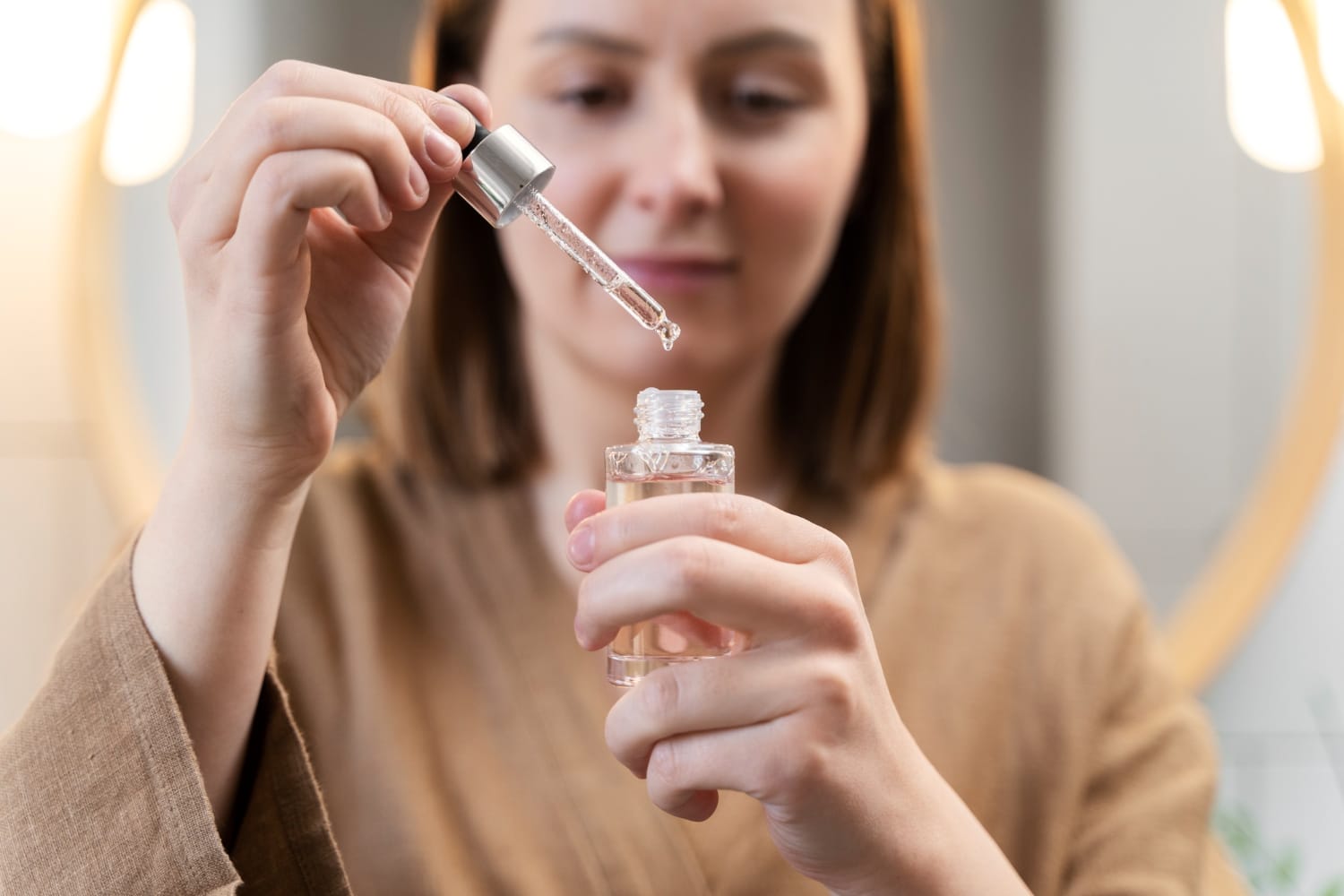
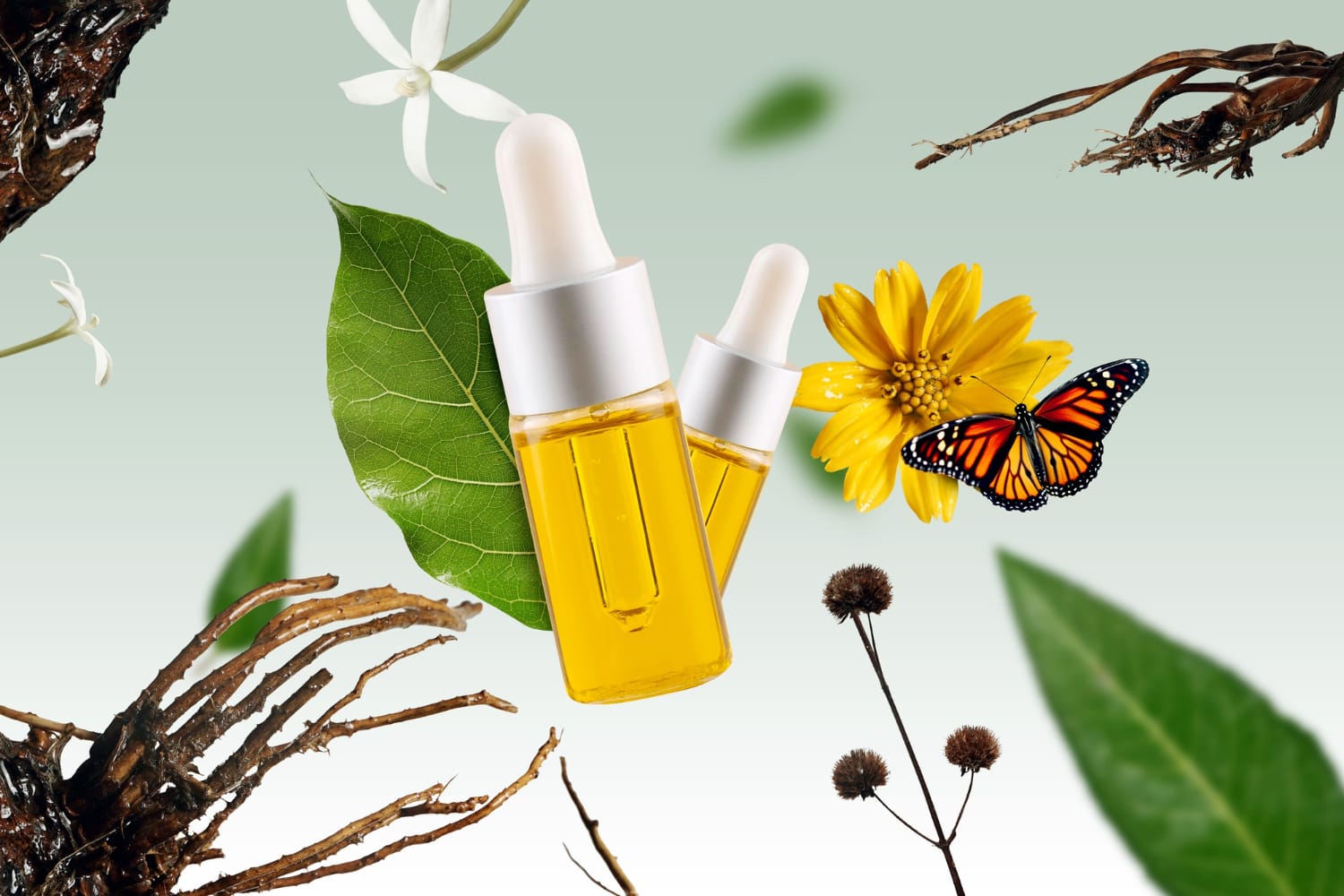
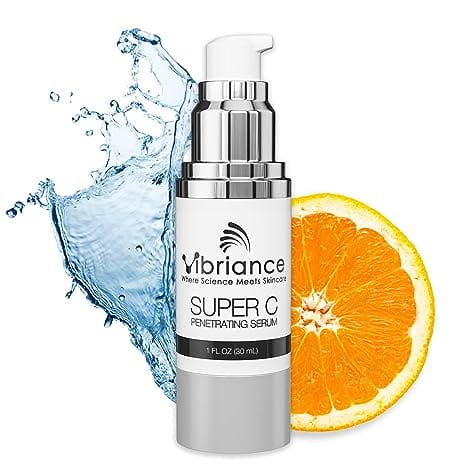
Not all serums are created equal, and it's crucial to select one that aligns with your specific skin concerns. Oily skin types may benefit from lightweight, oil-free moisturizers that regulate sebum production without adding extra oil. Dry skin, on the other hand, can find relief in serums that offer intense moisture and protect the skin barrier. Combination skin requires a balanced approach, often needing a serum that addresses both dryness and oiliness.
Anti-Aging and Brightening Serums
Anti-aging serums typically contain ingredients like retinol, which promotes skin cell turnover and collagen production, leading to smoother, younger-looking skin. For those looking to combat dull skin and dark spots, vitamin C serum is a popular choice. It works to improve skin tone and texture while providing antioxidant protection against skin damage.
Addressing Specific Skin Concerns
Serums can be tailored to address a wide range of skin issues. For example, a serum with kojic acid can help reduce the appearance of dark spots, while those with aloe vera can soothe and calm irritated sensitive skin. Ferulic acid is another ingredient that, when combined with vitamins C and E, can significantly enhance protection against environmental damage.
Incorporating Serums into Your Skincare Routine
When adding a serum to your skincare regimen, it's important to apply it after cleansing but before moisturizing. This allows the serum to penetrate deeper into the skin's surface. A few drops are usually sufficient, as serums are highly concentrated. For best results, use a morning serum with antioxidants to protect the skin throughout the day and a repairing serum at night.
The Synergy of Serums and Acne-Prone Skin
Acne-prone skin requires careful attention, and incorporating a skin serum specifically designed to target this concern can be transformative. A serum with ingredients like benzoyl peroxide or salicylic acid can penetrate the skin's surface to unclog pores and reduce the visible signs of acne. These active components work diligently to provide clean skin by addressing bacteria and excess oil, which are common culprits behind breakouts. Moreover, serums for acne-prone skin often include soothing agents to calm inflammation and promote healing.
In addition to combating acne, individuals with acne-prone skin must maintain a balanced skin care routine that doesn't strip the skin of its natural oils. An oil-free moisturizer can complement a hydrating serum, ensuring that the skin remains hydrated without contributing to further oil build-up. A hydrating hyaluronic acid serum is particularly beneficial as it can hydrate the skin quickly without adding oil, helping to maintain a smooth skin texture and a healthy skin appearance.
The Scientific Approach to Serums for Acne-Prone Skin

When it comes to managing acne-prone skin, the selection of a face serum can be pivotal. Scientifically formulated serums offer a concentrated approach to skincare, targeting the underlying causes of acne with precision. These serums often contain salicylic acid, niacinamide, and zinc, which work synergistically to reduce inflammation, unclog pores, and regulate sebum production. By penetrating the skin's surface, they deliver active ingredients directly to where they are most needed, ensuring that the skin's texture is refined and breakouts are kept at bay.
Moreover, the development of oil-free moisturizers within these serums ensures that the skin is hydrated without adding excess oil, which could exacerbate acne issues. The lightweight nature of these serums makes them an ideal choice for those with oily and acne-prone skin, as they absorb quickly and leave no residue. By incorporating such serums into a daily skincare routine, individuals with acne-prone skin can experience a noticeable improvement in their complexion, with a reduction in both the frequency and severity of acne outbreaks.
The Advantages of Oil-Free Moisturizers in Serum Form
When considering serums for acne-prone skin, the benefits of oil-free moisturizers cannot be overstated. These specialized serums provide hydration without adding excess oil to the skin's surface, which is crucial for those who struggle with acne. By maintaining the skin's moisture balance, oil-free serums help to prevent the overproduction of sebum that can lead to breakouts. Moreover, the lightweight consistency of these serums ensures that they are absorbed quickly, leaving the skin feeling refreshed and non-greasy.
In addition to their non-comedogenic properties, oil-free moisturizer serums often contain ingredients like hyaluronic acid and glycerin, which draw moisture into the skin without clogging pores. This is particularly beneficial for improving the skin's texture, as hydrated skin is more pliable and appears smoother and more refined. For individuals with oily or combination skin, an oil-free serum can serve as a dual-purpose product, acting as a hydrator and a base layer for other skincare products or makeup.
Enhancing Skin's Texture with Exfoliating Serums
Exfoliating serums are a game-changer for refining the skin's texture. These serums work by gently dissolving dead skin cells that accumulate on the skin's surface, revealing the brighter, smoother skin beneath. Ingredients such as alpha-hydroxy acids (AHAs) and beta-hydroxy acids (BHAs) are commonly found in these formulations. AHAs are water-soluble and are effective in improving the skin's moisture content as well as its texture, while BHAs are oil-soluble, making them particularly suitable for acne-prone skin as they can penetrate deeper into the pores to clear out excess sebum and debris.
Regular use of an exfoliating serum can significantly enhance the skin's overall appearance, making it look more radiant and youthful. It's important to note that while these serums can be powerful allies in skincare, they should be introduced gradually and used in conjunction with a broad-spectrum sunscreen to protect the newly exposed skin cells from UV damage. By incorporating an exfoliating serum into your routine, you can achieve a smoother skin texture and a clearer complexion, which can be especially beneficial for those using anti-aging serums, as it allows for better absorption and efficacy of those products.
Anti-Aging Serums: A New Era in Youthful Skin
Anti-aging serums are at the forefront of skincare innovation, offering a potent solution for those seeking to combat the signs of aging. These serums are designed to work at the cellular level, boosting collagen production and accelerating skin renewal. With active ingredients like retinol, peptides, and antioxidants, anti-aging serums can significantly diminish the appearance of fine lines, wrinkles, and age spots. The result is a more youthful, radiant complexion that reflects the serum's ability to repair and rejuvenate the skin's surface.
In addition to their restorative properties, these serums often include hydrating elements that improve the skin's texture and elasticity. Hyaluronic acid, for instance, is a common component that can hold up to 1000 times its weight in water, providing unparalleled moisture retention. This hydration is crucial for maintaining plump, smooth skin that resists the formation of new wrinkles. As part of a comprehensive skincare regimen, anti-aging serums not only reverse existing damage but also provide a protective barrier against environmental stressors that contribute to premature aging.
Revolutionizing Anti-Aging with Retinol and Vitamin E Serums
Retinol serum is a powerhouse in the realm of anti-aging serums, renowned for its ability to diminish the appearance of fine lines and wrinkles while promoting young skin with a revitalized texture. Retinol, a derivative of vitamin A, accelerates cell turnover and boosts collagen production, which is essential for firm, smooth skin. When used consistently as part of a nightly skin care routine, retinol serums can significantly improve the skin's texture and elasticity, leading to visibly youthful and vibrant skin.
Complementing retinol's effects, vitamin E is another potent ingredient often found in face serums that target aging signs. Vitamin E is an antioxidant that protects the skin from environmental stressors that can accelerate aging. It also supports the skin's natural healing process and works synergistically with vitamin C and hyaluronic acid to enhance the hydrating serum's efficacy. Together, these ingredients form a formidable defense against the aging process, ensuring that the skin retains its youthful glow and resilience.
The Role of Serums in Skin Hydration and Texture
Hydrating serums can provide much-needed moisture to dehydrated skin, improving skin elasticity and reducing the appearance of fine lines. Ingredients like hyaluronic acid and glycerin attract moisture to the skin, leaving it plump and hydrated. For those with unwanted texture or dull skin, exfoliating serums with lactic acid or glycolic acid can promote a smoother, more radiant complexion.
Serums vs. Other Skincare Products
While serums can be incredibly effective, they are not intended to replace other skincare products. Instead, they should be used in conjunction with a comprehensive skincare routine that includes a cleanser, moisturizer, and sunscreen. Serums provide targeted treatment, while moisturizers create a protective barrier to lock in the benefits of the serum.
The Importance of Natural Ingredients in Serums
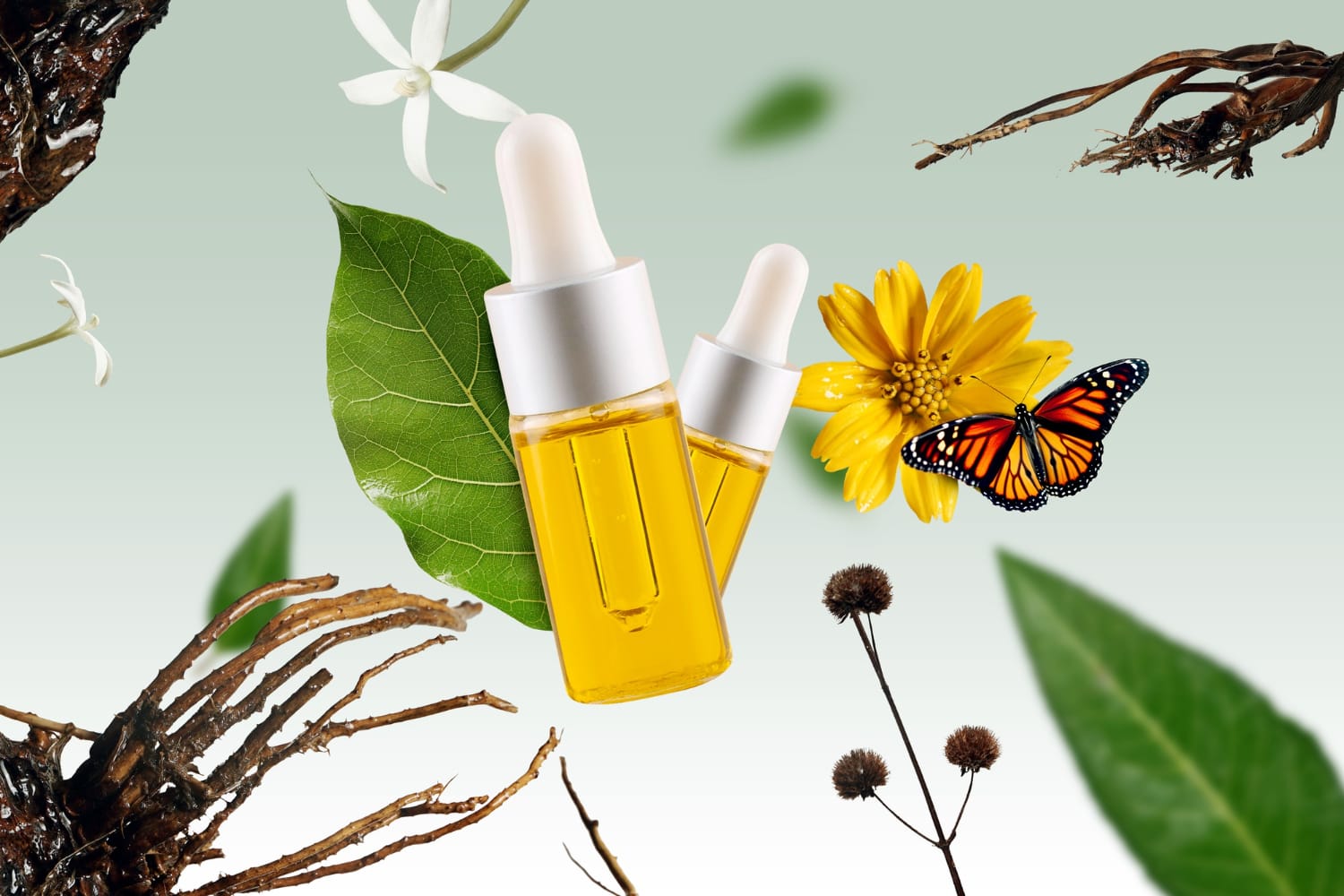
Many serums now incorporate natural ingredients that offer a range of benefits without harsh chemicals. Ingredients like green tea extract, rosehip oil, and natural vitamins can help to soothe the skin, reduce inflammation, and provide antioxidants without causing skin irritation.
How to Choose the Best Serum for Your Skin
When selecting the best serum for your skin, consider your primary skin concerns, skin type, and any sensitivities or allergies. It's also important to look at the concentration of active ingredients to ensure that the serum is potent enough to make a difference but not so strong that it could irritate.
The Impact of Serums on Premature Aging
Regular use of serums, especially those with antioxidants and retinoids, can significantly slow down the signs of premature aging. By promoting collagen production and protecting against free radicals, serums can help maintain youthful, glowing skin.
The Future of Serums in Skincare
As skincare technology advances, serums are becoming more innovative, with new formulations designed to penetrate even deeper into the skin and provide longer-lasting results. The future of serums looks promising, with potential developments in personalized serums tailored to individual DNA and skin microbiomes.

Can serums replace my moisturizer?
No, serums are designed to be used in conjunction with a moisturizer. They deliver active ingredients to the skin, while moisturizers help to lock in hydration and protect the skin barrier.
How often should I use a serum?
Most serums can be used once or twice daily, depending on the specific product's instructions and your skin's tolerance. It's important to follow the recommended usage to avoid skin irritation.
Are serums suitable for sensitive skin types?
Yes, there are serums formulated specifically for sensitive skin types. Look for serums with calming ingredients like aloe vera and avoid those with high concentrations of potentially irritating acids or retinoids. Always patch-test a new serum before applying it to your entire face.
What does a serum do for your face?
Serums are potent skincare products designed to target skin concerns and deliver active ingredients effectively. They address hydration, brightening, anti-aging, and acne, improving skin texture and tone. Including a serum in your routine enhances skin health and appearance, boosting overall results.

Serums are a vital component of a modern skincare routine, offering targeted treatment for a variety of skin concerns. With their high concentration of active ingredients, serums can improve skin texture, tone, and overall health. By understanding what a serum is and how to incorporate it into your skincare regimen, you can take a significant step towards achieving healthy, radiant skin.


